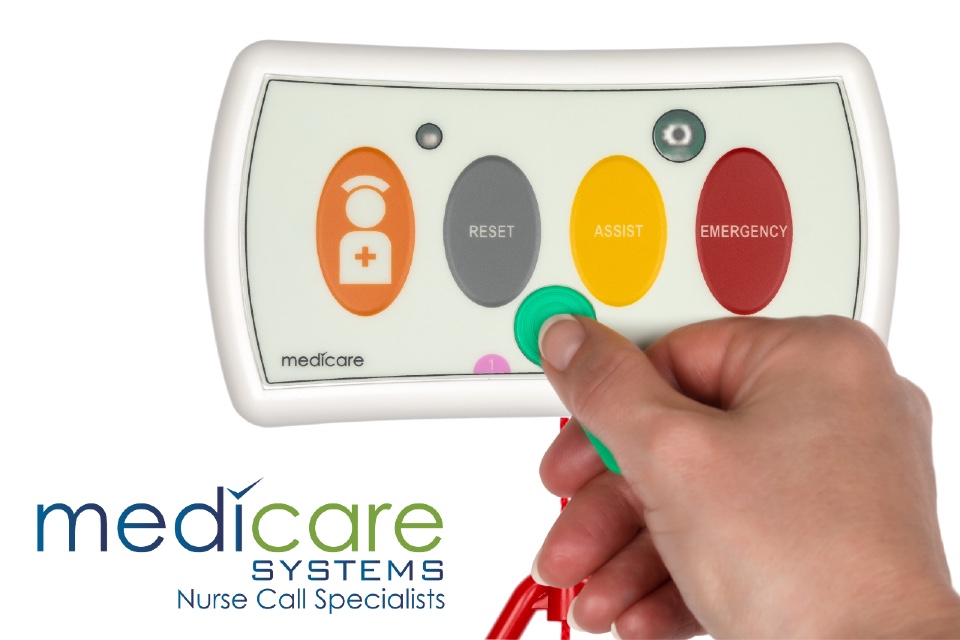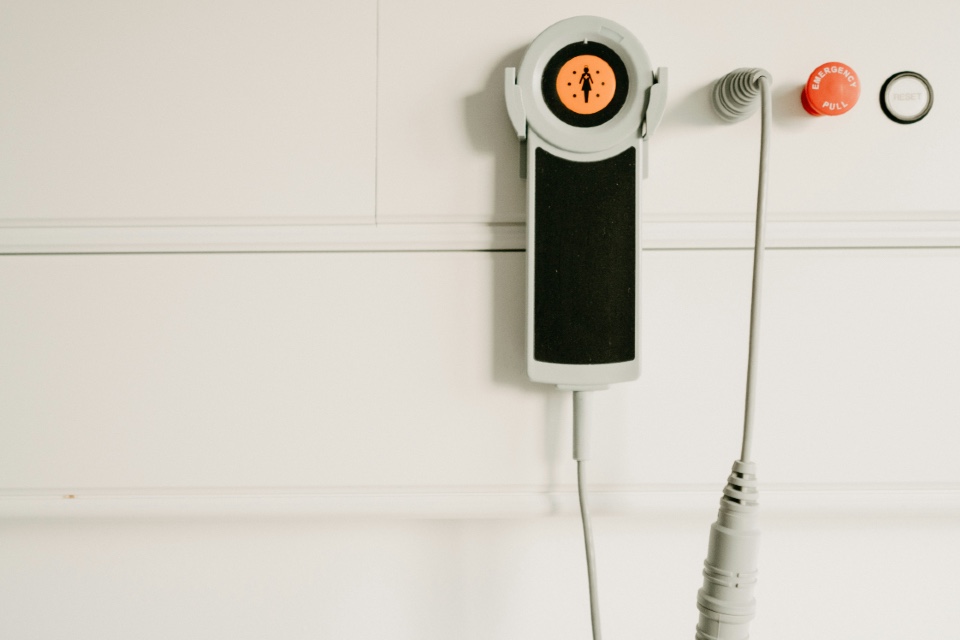Selecting the right nurse call system is crucial for care home managers looking to enhance resident safety, staff efficiency, and regulatory compliance. According to our research, demand for reliable, integrated, and future-proof solutions has never been greater. With advancements in wireless technology, smart monitoring, and automation, care homes must carefully evaluate their options to ensure they invest in the most suitable system. This guide outlines key factors to consider when choosing between wired and wireless solutions, based on delegate requirements at the Care Forum…
1. Wired vs. Wireless Nurse Call Systems: Which Is Best?
Care homes must decide between traditional wired systems and modern wireless solutions, each offering distinct advantages.
✔ Wired Nurse Call Systems
- Highly reliable with minimal risk of signal interference.
- Ideal for permanent installations in established care homes.
- Requires professional installation and higher upfront costs.
- Can be disruptive to install or upgrade, especially in older buildings.
✔ Wireless Nurse Call Systems
- Easier to install and expand, making them ideal for growing care homes.
- Can be customised with wearable call buttons and mobile alerts.
- Require strong network connectivity to ensure consistent performance.
- Lower installation costs but may need ongoing maintenance of wireless infrastructure.
In 2025, many care homes are moving towards hybrid systems, combining the reliability of wired solutions with the flexibility of wireless devices.
2. Integration with Resident Monitoring Systems
A modern nurse call system should seamlessly integrate with other healthcare technologies to improve resident safety and response times. Key integration features include:
✔ Fall Detection Sensors – Automatically alert staff when a resident experiences a fall, even if they cannot press a call button.
✔ Wander Management Systems – Helps track residents with dementia, ensuring they remain in safe areas.
✔ Electronic Health Records (EHR) Integration – Enables staff to access resident care plans and medical historywhen responding to calls.
✔ Mobile Notifications – Sends alerts to caregivers’ mobile devices, reducing response times and improving workflow efficiency.
By ensuring compatibility with resident monitoring technologies, care homes can enhance care quality and efficiency.
3. Ease of Use for Staff and Residents
A nurse call system should be intuitive for both care home residents and staff. Important considerations include:
✔ User-friendly call buttons and wearable devices for residents with limited mobility.
✔ Clear audio-visual alerts to ensure no emergency is missed.
✔ Customisable alert settings for different levels of urgency.
✔ Minimal staff training required for fast adoption and seamless operation.
4. Ensuring Compliance with UK Care Regulations
Care homes must ensure their nurse call system meets Care Quality Commission (CQC) and UK health and safety standards by:
✔ Using reliable 24/7 monitoring systems to ensure no call goes unanswered.
✔ Keeping detailed response logs for compliance audits.
✔ Ensuring secure data storage for GDPR compliance when integrating with digital care records.
Care home managers must choose nurse call systems that are reliable, flexible, and future-ready. By evaluating wired vs. wireless options, ensuring system integration, prioritising ease of use, and meeting compliance requirements, care homes can enhance safety, improve staff efficiency, and deliver high-quality care to residents.
Are you searching for Nurse Call Systems for your organisation? The Care Forum can help!







